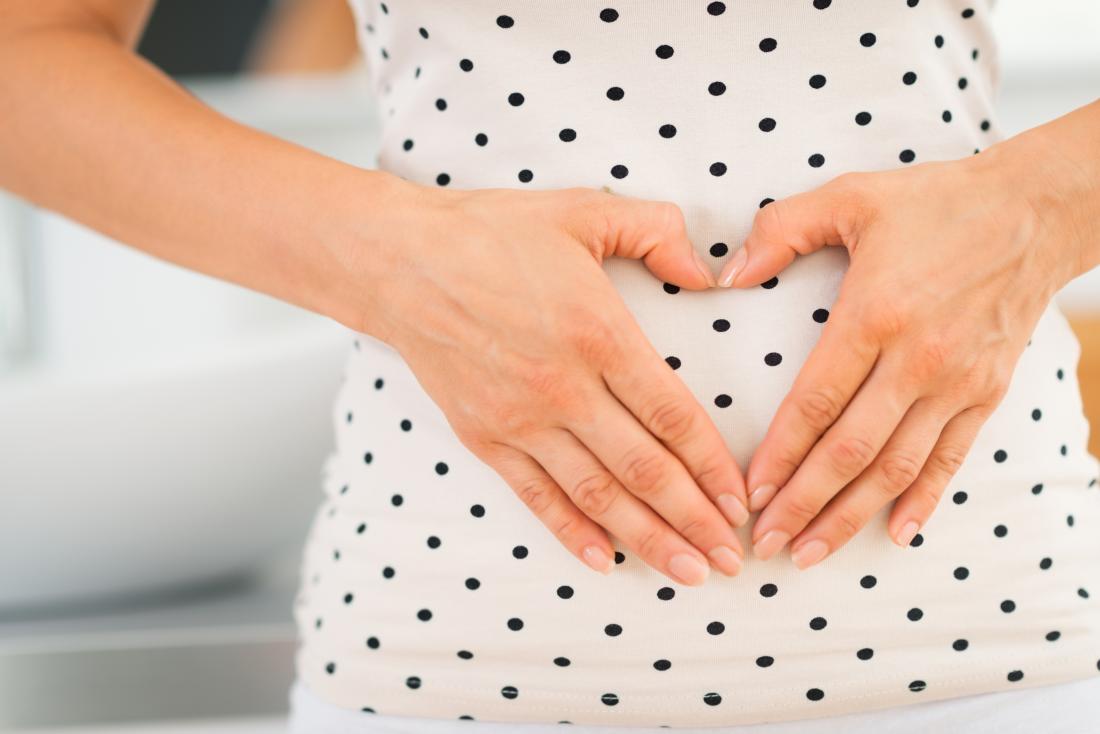
Endometriosis worry about whether they’ll be able to conceive and carry a child. With endometriosis, uterine (endometrial) tissue collects outside of the uterus, in and around the reproductive organ. The result is often painful inflammation and the development of blood-filled cysts and bands of scar tissue called adhesions.
Fertility can be at risk when these endometrial tissue growths get in the way of the normal functioning of reproductive organs. Endometrial tissue that forms around the ovaries, for example, can keep eggs from being released. When the tissue forms around the fallopian tubes, it can get in the way of sperm traveling to the egg, or the fertilized egg from making its way to the uterus.
Although it can be challenging, G. David Adamson, MD a reproductive endocrinologist and surgeon with ARC Fertility and medical director of the Palo Alto Medical Foundation’s In Virtro Fertilization (IVF) Program sounds a hopeful note. Lots of women with endometriosis — as much as one-third — get pregnant naturally, without any fertility treatment at all, he says.
Even if a woman doesn’t conceive after a year of unprotected intercourse, he says that eventually, in some way or another, many women with endometriosis eventually do become pregnant. “With IVF, most women will get pregnant,” Dr. Adamson says.
“A big change from even a decade ago is the increased focus on research to understand and treat infertility in endometriosis going on around the world today,” adds Adamson, who is also president of the World Endometriosis Research Foundation. “Unfortunately, there isn’t a breakthrough yet, but we’re promoting global research and collaboration like never before. Many major research centers are collecting data and collaborating to find solutions.”
Surgery, Hormones, and Other Endometriosis Fertility Solutions
While endometriosis often makes conceiving a baby more difficult, it by no means prevents it, according to a review published in 2014 in Frontiers of Surgery. Surgery to remove endometriosis lesions is one option. But risks with this approach include the possibility that endometriosis symptoms will actually get worse, and interfere with blood flow to the ovaries. Surgery can also create scar tissue that’s worse than the original endometrial growth.
That said, surgery is also often successful, leading to pregnancy in 30 to 80 percent of women — though success depends in part on the severity of the disease, according to Adamson. A study published in June 2017 in the journal Acta Obstetricia et Gynecologica Scandinavica adds that surgery for endometriosis-associated infertility has become controversial in many parts of the world because its overall effectiveness is unclear.
If obstruction and blockages were the only problem, a simple surgery might be more consistently successful. But endometrial tissue in and around reproductive organs can lead to a separate set of problems, upsetting the normal chemistry of reproductive organs. It can get in the way of the delicate hormonal balance that helps fertility, for example, and change the mix of chemicals that make eggs ready to be fertilized.
Many experts believe IVF is helpful for women with severe endometriosis, especially those with many adhesions. But for women with mild disease, there’s still no clear consensus. The use of a hormone such as leuprolide along with IVF may help, but Adamson says researchers are still trying to understand how long women should be on this potent drug.
How to Make Pregnancy Possible
To prepare for making pregnancy possible with endometriosis, your doctor will probably start an evaluation of hormones and other chemicals in your body. Diagnostic tests like laparoscopy, hysteroscopy, and hysterosalpingography can also be very valuable in helping to understand what’s going on.
Making the choice among fertility drugs, surgery, IVF, and other assisted reproductive technologies is not easy. Fertility treatments can be expensive and are not always covered by insurance. Some treatment options work for some women, and not for others.
Choosing whether to pursue pregnancy with endometriosis is a very personal decision that depends on many factors, including the severity of your disease and your age. These factors can affect the quality and quantity of your eggs, even without the added complication of endometriosis.
Your decision might be influenced by heredity factors, too. Although most women with endometriosis have children who don’t go on to develop the condition, studies consistently show an increased risk of endometriosis for women whose mothers have it. Researchers don’t know yet whether this connection is the result of genetics or if it’s related to environmental factors — or both.







